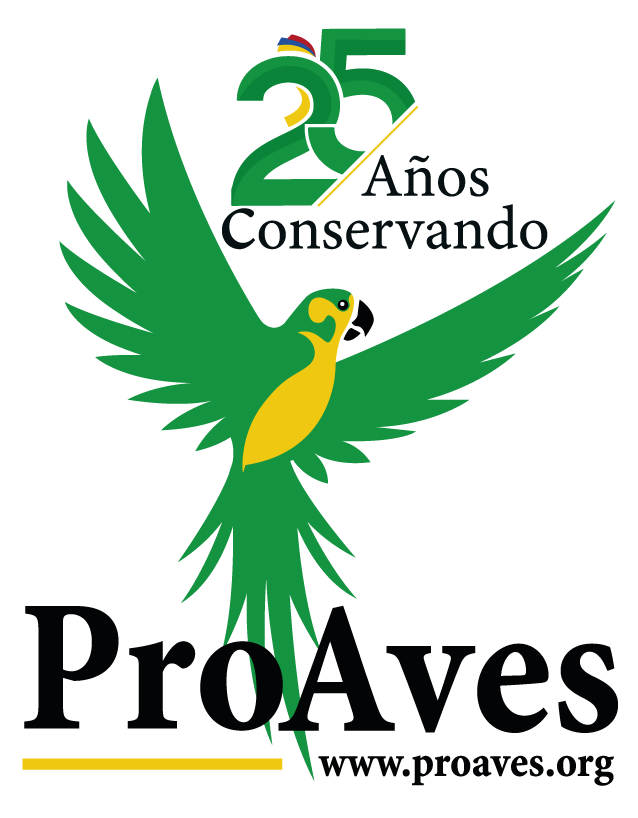Wednesday 1 December 2010.
Bromeliads are a distinctive and unique group of plants that play a fundamental role in many Neotropical ecosystems providing a habitat for many species of animals and resources for others, as well as water storage sites. Colombia, with nearly 500 species, ranks second in the world in terms of richness of bromeliads, after Brazil, however 160 of these are endangered (about 33%) mainly due to the destruction and deterioration of habitats.
The Sierra Nevada de Santa Marta is a special place in the Neotrópico, its geological history and isolation of the Andes made this mountain an island within the continent, causing the evolution of many endemic species in all biological groups. Of these, many have been recorded in the Natural Bird Reserve El Dorado which is located in the Cuchilla de San Lorenzo, protecting 800 ha of pre-montane and montane rain forests important for a great number of priority bird species for conservation, including 18 endemic species of the mountain and about 40 migratory species.
[slickr-flickr search=”sets” set=”72157625301276531″ items=”20″ type=”gallery”]
The development of inventories of biodiversity and the search for endemic and threatened species has produced satisfactory results in the group of bromeliads. Explorations and observations during four years have produced an inventory which includes 11 species of conservation concern.
This news marks the rediscovery of three species not located / reported from the description in 1946, two since 1960, two since 1972, two since 1977, and other since 1983. Of these species: two Critically Endangered, six Endangered and two Vulnerable nationally, and 7 are endemic to the Sierra Nevada.
Currently, only a small area of the Cuchilla de San Lorenzo is under a legal form of protection and require more efforts and conservation strategies involving communities to allow recovery of native habitats.
We appreciate the conservation efforts and support of the following organizations:
 |
 |
 |
